

SOCIAL
SISSALA W: NCCE sensitizes citizens on corruption
The Sissala West District Office of the National Commission for Civic Education (NCCE), has stepped up its public education campaign on anti-corruption, rule of law, and accountability to promote economic development.
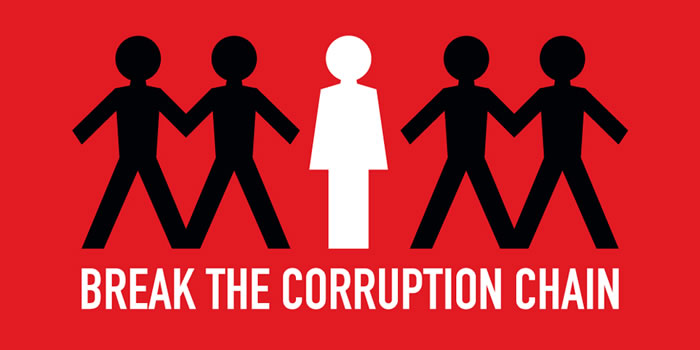
Date Created : 2/24/2019 12:00:00 AM : Story Author : GNA
The Commission aims to empower citizens to demand accountability from public office holders and other duty-bearers and also encourage people to refrain from practices that constitute corruption.
It has, therefore, extended its campaign activities to areas such as workplaces, educational institutions, and lorry stations across the District.
The District Director of NCCE, Mr. Hussein Elyasu, in a statement copied to the Ghana News Agency, said the increase in activities was to up its sensitization efforts on anti-corruption.
It forms the second phase of the public education campaign for identifiable groups on Anti-Corruption, Rule of law, and Accountability Programme (ARAP) on the theme: Citizens for Transparency and Accountability.
The programme is being supported by the European Union.
Corruption is a serious plague that has devastating effects on society, Mr Elyasu said.
It is a moral canker that eats into the fabric of the socio-economic, cultural, and political lives of Ghanaian citizens.
Corruption retards the achievement of democratic gains, reduces the quality of lives, bread crime and human insecurity, and undermines the rule of law, which has the tendency of increasing political instability.
In Ghana, though several policy measures were in place to curb corruption, the phenomenon has increased and pervaded every aspect of society.
Mr Elyasu said that stirred the NCCE to organise a community durbar at Bullu to reach out to identifiable Faith-Based Organizations, women and youth groups, Persons with Disability, and artisans among others to sensitise them on anti-corruption.
Members of several state anti-graft organisations were taken through a number of topics including Whistle-Blowing and the Role of Key Institutions.
The Economic and Organized Crime Office, Commission on Human Rights and Administrative Justices, Judiciary, Police, Legal Aid, and Office of the Special Prosecutor among others participated in the durbar.
Mr. Elyasu said citizens were enjoined under Article 41(f) of the 1992 Constitution to protect and preserve public property, expose and combat misuse and waste of public funds and property.
Loud silence on issues of corruption by community members contribute to the upsurge in corrupt cases, he said.
He attributed the growing canker to failure by citizens to demand accountability from duty-bearers, non-adherence to rules and regulations, and failure to follow laid down procedures in seeking public services.
He raised concerns about the leakages in the revenue generation system, which were hampering internal revenue generation in the Sissala West District Assembly, regretting that community members often failed to report the culprits for investigations.
Participants mentioned the weak enforcement of laws, which often leads to lesser or no punishment to perpetrators engaging in corrupt practices, and general lack of confidence in law enforcement agencies as some reasons people feel reluctant to report acts of corruption.


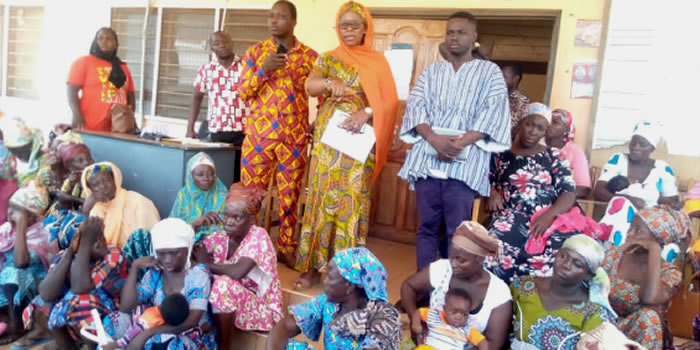

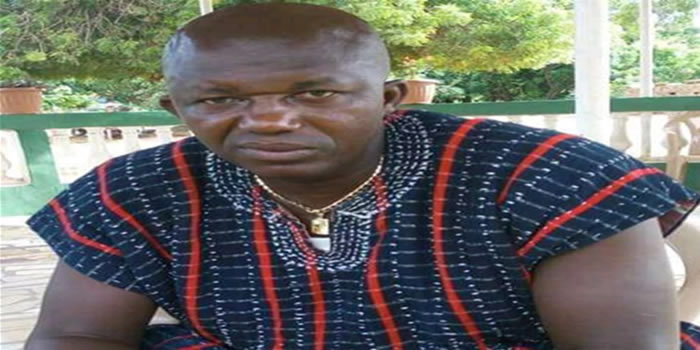

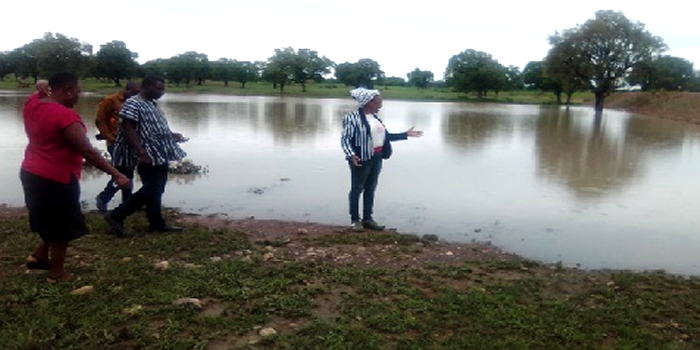


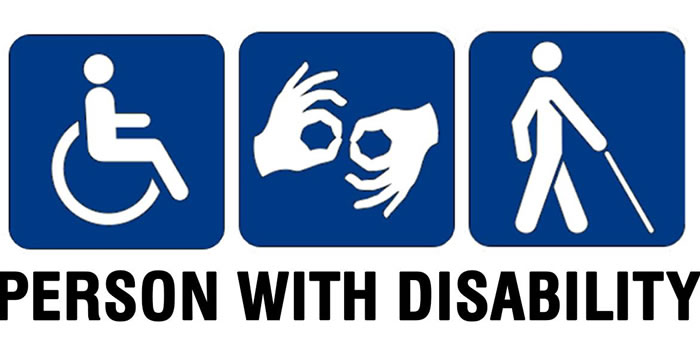
 facebook
facebook
 X
X
 Youtube
Youtube
 instagram
instagram
 +233 593 831 280
+233 593 831 280 0800 430 430
0800 430 430 GPS: GE-231-4383
GPS: GE-231-4383 info@ghanadistricts.com
info@ghanadistricts.com Box GP1044, Accra, Ghana
Box GP1044, Accra, Ghana